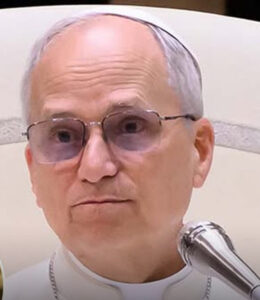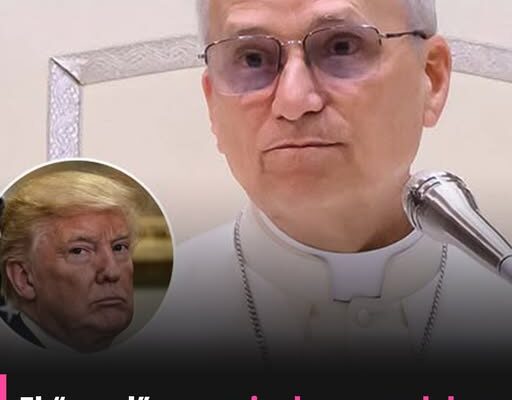Newly installed as leader of the Catholic Church, Pope Leo XIV quickly made international headlines. Although his papacy has only just begun, he has already delivered a moment that has captured global attention: a brief, direct, and meaningful response that many are interpreting as a powerful message directed at his home country, the United States .

It all happened on May 12, after his first international press conference as pontiff. As he walked through St. Peter’s Square, a journalist asked him a direct question: “Do you have a message for the United States?” The pope’s reaction was as unexpected as it was viral. With a brief smile, he responded simply: “Many .” Then, calmly, he added: “God bless you all .” That single word, as ambiguous as it was accurate, quickly spread across social media and the media, sparking multiple interpretations. Since then, the phrase has sparked endless debate. Some see it as a veiled criticism , others as a sign of concern, and still others consider it a message of hope. The truth is that, in just a few hours, that exchange became one of the most talked-about moments of Leo XIV’s nascent pontificate. The new pope, whose secular name is Robert Francis Prevost , was born 69 years ago in Chicago . His personal history and ecclesiastical career had already attracted attention before his election. But now, with a single word, he has reaffirmed that he will not be a silent leader. On social media, many users noted that “never has a word said so much without saying it all,” while others called it “a warning disguised as a blessing.”
This isn’t the first time Leo XIV has expressed concern about the direction of his home country. Before arriving at the Vatican, he had publicly expressed his disagreement with some political positions, especially on issues related to immigration . Even during Donald Trump ‘s years as president, he shared articles critical of his immigration policies and supported messages advocating for greater compassion for displaced people.



